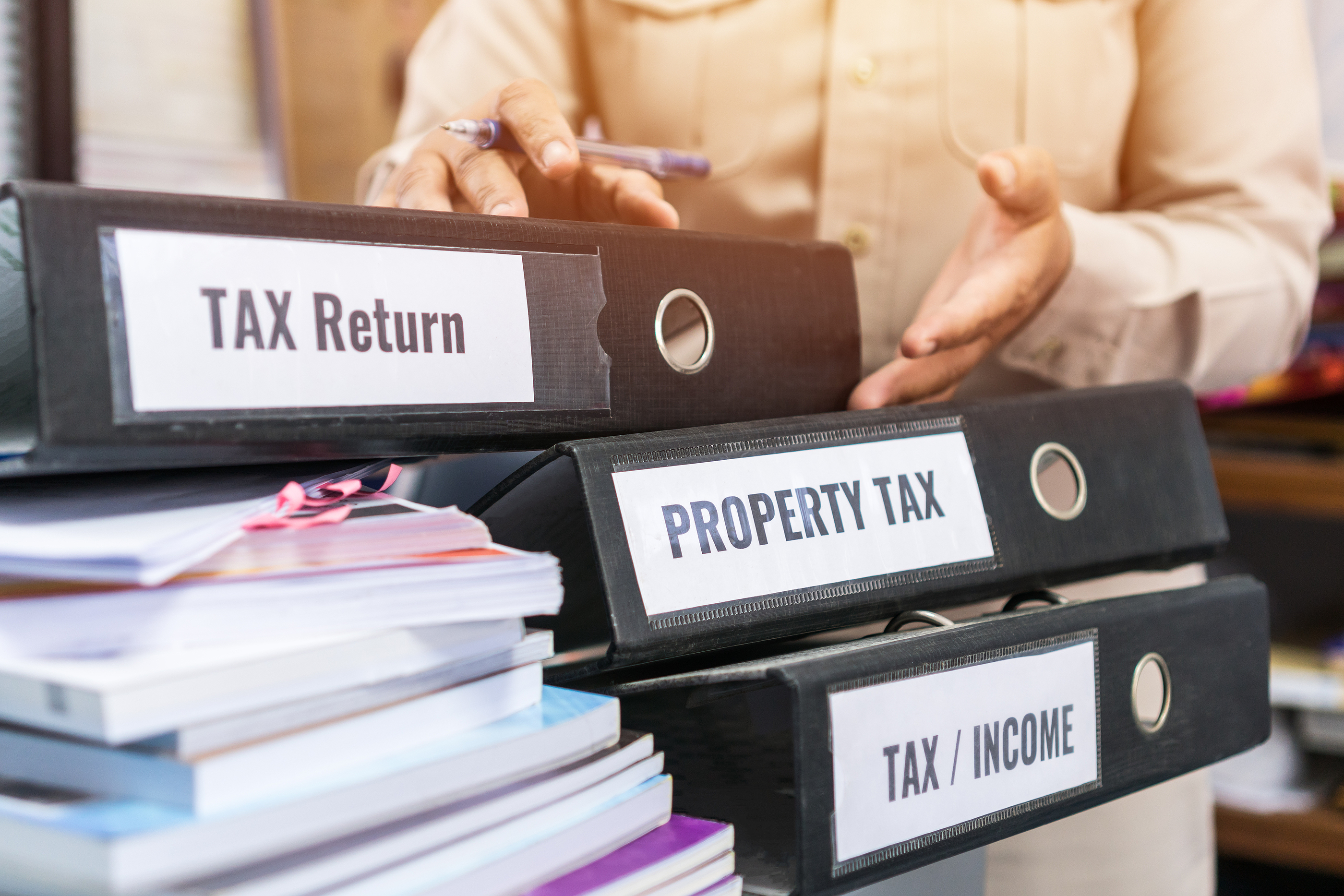
Tax allowances to reduce the amount of income tax
Tax allowances to reduce the amount of income tax
Our Tax Accountants will help you determine which tax allowances you are entitled to, so you may claim them before they expire. It is an excellent way to receive the support you are entitled to.
Following is a list of several tax allowances you might be entitled to but know nothing about:
If your spouse does not work or earns less than the designated personal allowance of £12 570, they can transfer £1,260 of their personal allowance to you. It will help you get a tax benefit of up to £250, which is a reasonable amount.
Investing £20,000 in a bank's savings account allows you to take them out of the tax calculation for the year. If you are married, you can double the amount, invest £40,000 and pay no taxes on the documents.
However, any income you earn on the savings is taxable; hence, your tax will be calculated and deducted accordingly.
If you are a retired pensioner, there is a high chance that you don't have to pay any tax on your income from a pension. The only reason you'd have to pay taxes on income from the pension will be if it exceeds £40,000.
Do you have some money invested in stocks that you recently earned a dividend on? Then you are in luck because you can use the dividend allowance to keep a portion of your dividends tax-free. According to last year’s dividend tax law, £2,000 from your total dividend earnings are exempt from taxes.
This allowance is given on top of your personal allowance of £12,570, so you can treat it as a bonus. Please note that the allowance amount can potentially change each year, so always make sure to check it out well before the deadline.
Capital gains/loss refers to the difference in property value between purchase and sale. If your property is sold at a higher value than what you bought it for, the difference is considered a capital gain, which is also a form of income, and, hence, is taxable.
However, the UK tax system provides a little cushion to property owners in the form of capital gains allowance, set at £12,300 for this financial year. Therefore, your capital gains tax will be calculated on the total increase minus £12,300. If the increase is lower than or equal to the allowance, you don’t have to pay capital gains tax.
Additionally, sharing ownership of the property with another person will double your allowance.
You are entitled to £1,000 worth of property allowance on income received from renting out land or property. The sum applies to each property, so if you own and rent out 3 properties, you will get a £3,000 in property allowance.
Furthermore, if the ownership of property is shared, each owner is entitled to £1,000.
Entrepreneurs, business owners, and self-employed individuals could claim £1,000 in a trading allowance if they fall under the description mentioned on this website under ‘Trading Allowance.’
However, before claiming trading allowance, you have to take the Self-Assessment to ensure you make the correct claim and benefit from this provision.
Please note that this allowance only applies if you are the sole owner of a business or self-employed. The allowance does not apply to partnerships.
Gondal Accountancy provides efficient tax planning services, and we would be happy to help you with your case and facilitate your tax allowance case. We are accountancy experts and extensive knowledge and experience when it comes to tax planning. Hence, we will manage each aspect of your tax planning and give you the final results once all the work is done.
You can get in touch with our teams if you have any queries. We will be happy to hear from you and answer your questions as soon as possible.
Disclaimer: Please be advised that the content of this blog is meant to serve as general information only, and should not be considered as tax advice. Given the complexity of tax laws and the potential for regulatory changes, it is strongly advised that you seek the guidance of a qualified tax professional or financial advisor prior to making any decisions based on the information contained in this blog. Please note that neither Gondal Accountancy nor its staff assume any responsibility or liability for any decisions made or not made as a result of the information presented in this article.
Interested in learning more about our Dedicated Accounting Services tailored for Small Businesses?
Get your free, no-obligation consultation from our professional accountants today!